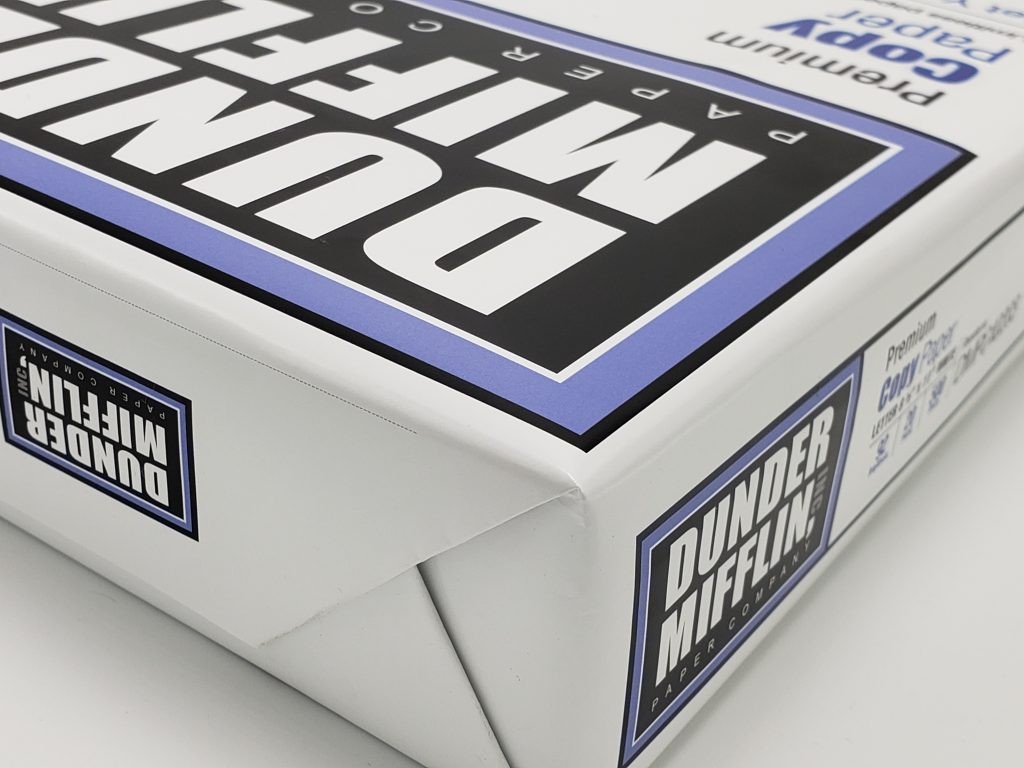
Every morning, my first task is to make a pot of fresh coffee. And on the vast majority of mornings, after I fill the pot with water from the faucet, as I am pouring the water from the pot into the coffee maker some water drips from the spout and runs down the side of the pot to the counter. There might be a rare day, once in a great while, when my combination of morning alertness and careful pouring technique prevents any spillage, but 99.9% of the time I’ll need a dish towel to mop up the water.
What causes this annoying event? Your sixth-grade science teacher would tell you it is the so-called “capillary effect” of water, which involves elements of cohesion, adhesion, and surface tension. Basically, water molecules like to stick together, and like to stick to almost anything — including the sides of coffee pots. Once the first water molecule decides to tumble over the spout of the coffee pot and stick to the side — rather than obediently falling into the coffee maker, like a good water molecule should — other water molecules will follow.
This is a common problem, and you’ll see all kinds of tips about how to address it. As for me, I think the best approach is to try to pour the water into the coffee maker very slowly, so there is no chance that the first rogue water molecule will make its break for freedom over the spout and down the side of the pot. But normally the urge to drink some hot coffee is too strong, the pour passes the tipping point, the first bad boy molecule leads the way, more inevitably follow, and it’s time to get the dish towel off the rack again.
This can be annoying, to be sure, but as the U.S. Department of Interior “water science school” website teaches us, capillary action is essential to the health of trees, shrubs, flowers, and other plants — because capillary action is a big part of how they get water from their roots up to their branches, leaves, and flowers. Capillary action also has been a real boon for paper towel makers, because that’s why water creeps up a paper towel that touches a water spill, thereby ensuring that Rosie the lunch counter lady can demonstrate that Bounty is the quicker picker-upper.
So that’s the capillary effect for you — helping trees and Rosie, while adding an inevitable extra step to the morning coffee making process. The morning spill might be irritating, but if that’s the price to pay for flowers and green leaves, I’ll gladly pay it.













